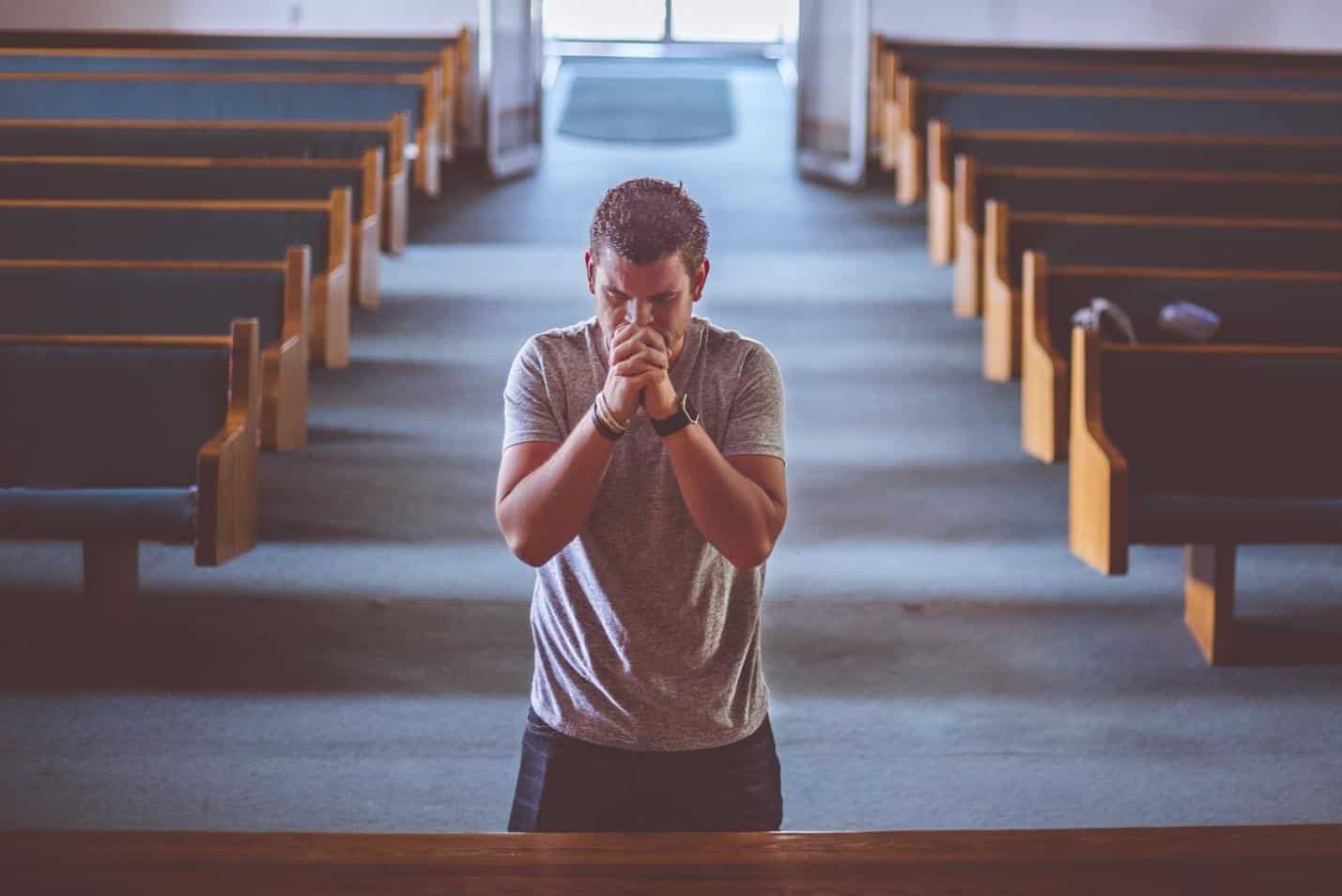
Most of us would agree that we have so much going on in our lives that the only way to keep track is with a central “control center.”
You have one calendar with all your activities and events. You have one to-do list for all your tasks and projects around the house.
The same goes for your spirituality. It’s easy for your thoughts to get scattered, and it can help you feel balanced and at peace if you have a spiritual home for guidance.
But where do you begin? How do you know what to look for in a church?
What to Look For in a Church
It’s clear that to find the right church for you, you need to dip your toes in the pool and try out a few churches. Here’s what to look for during your visits and beyond.
Matching Beliefs
The most important criterion for your new church is that it shares your beliefs, at least for the most part. It’s not always as simple as finding a church in your religious denomination, though.
Within the same religion, some churches emphasize certain parts of their creed over others. One church may be fundamentalist while another is a modern adaptation.
Depending on your comfort level, you don’t need a church that pairs up with your exact beliefs. You just need one that allows your beliefs. For instance, nondenominational Christian churches are home to people who follow countless varieties of Christianity.
Your Desired Level of Fellowship
Everyone is looking for something different from their church community. Some want to forge friendships and find fellowship for any day of the week. Others are more private and aren’t looking for new connections.
Find out what a church expects of its members before you join. Some expect every member to be in multiple ministries and committees, while others are less intense. You don’t want to spend each week feeling pressured to volunteer time you don’t have.
The Right Clergy
You can find out a lot about a church’s key beliefs by reading its literature and browsing its website. The clergy, though, may steer the church in a different direction.
Do some research on the preachers or other clergy members at your church. Try to find their past sermons or writings. Identify the themes, values, and beliefs they emphasize most and make sure they align with your beliefs.
This is especially true if your church encourages you to use your clergy members as counselors. You won’t seek help from someone you don’t trust or agree with, so make sure they’re the right fit.
Proximity
You may think it sounds shallow to add “church near me” to your list of criteria, but hear us out.
If you’re like most religious people, you want to be consistently involved in your faith but your time is limited. You’re less likely to be involved in your church and to keep attending services if you have to drive an hour each way.
You also need to think about your church’s community. If you want to gain friends and fellowship in your church, you want these people to be in your neighborhood so you can foster those friendships.
An Organizational Structure
Your church may be a community of like-minded people but it should be one with a clear organizational structure too. Take a look at the leadership for your new church.
Who makes the decisions? Are clergy members and church officers the only ones with a voice, or do members of the church get a say too? Look for a church where your opinions will be heard.
Also, make sure that the church has a defined structure at all. You need to know that your church has a solid foundation that will last. You don’t want to go through the effort of finding your spiritual home only to see it close a month later.
Happy Members
No matter how much research you do, there are some things about a church that you can’t find out until you’ve been involved for some time. Or you could talk to someone else who has.
Take a look around after services. Do churchgoers seem happy and friendly? Or do you hear griping in the halls?
Better yet, get to know a few members and invite them out to brunch to chat. Get their honest thoughts about the church and its pros and cons.
Financial Priorities
Depending on your personal views about tithing, you could be giving considerable amounts of money to your church. You want to be happy with the way they spend it.
Think about what you want your church’s financial priorities to be.
Do you think it’s most important to have a great worship space? Do you prefer a church that spends more money on the local community? Or perhaps one that invests in programs for the church members?
Many churches publish breakdowns of where their members’ contributions go. Find out if the church you’re considering spends the money in the same way you would.
Home Sweet Home
Whether you’d consider yourself an avid follower of your religion or more of a spiritual explorer, having a spiritual home can be an important part of your life. It gives you a central place to get guidance, feel grounded, and connect with people with similar beliefs.
Finding that home and figuring out what to look for in a church can be a larger challenge than you expect. These tips are a start.
Above all, though, take your time. Don’t feel pressured to commit to a church just to have one. Finding the right fit is something you’ll thank yourself for years to come.







